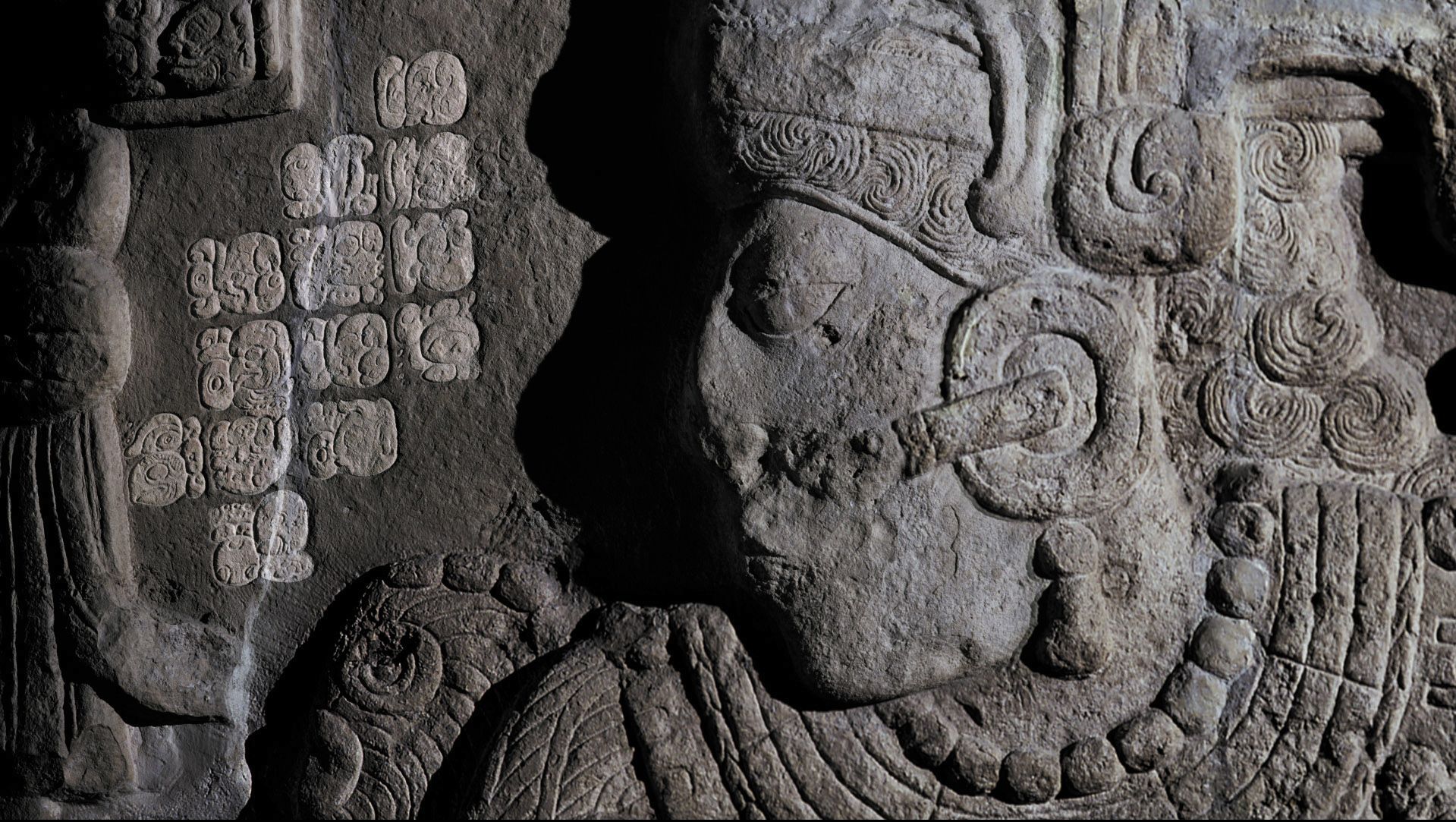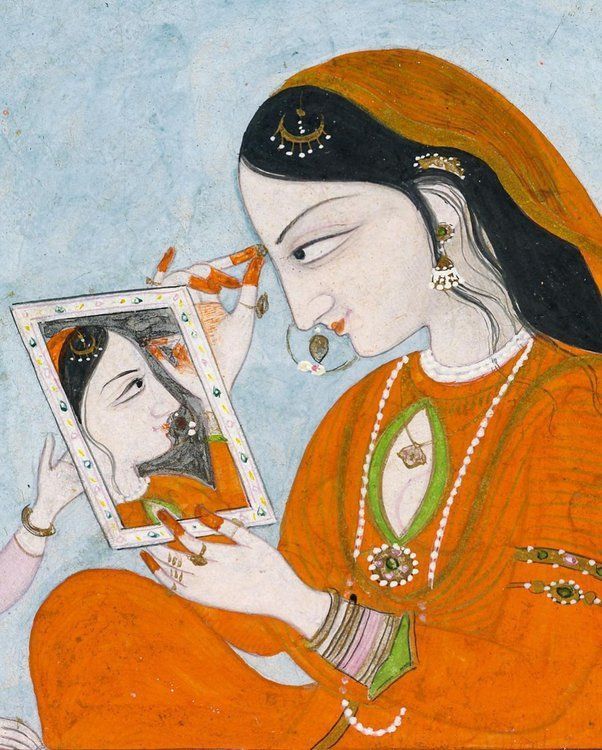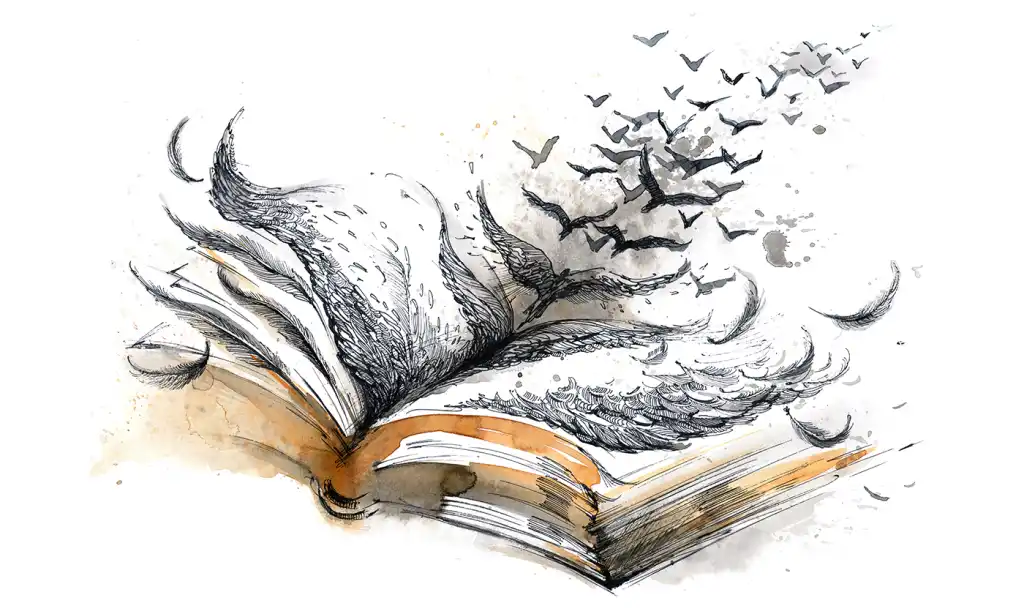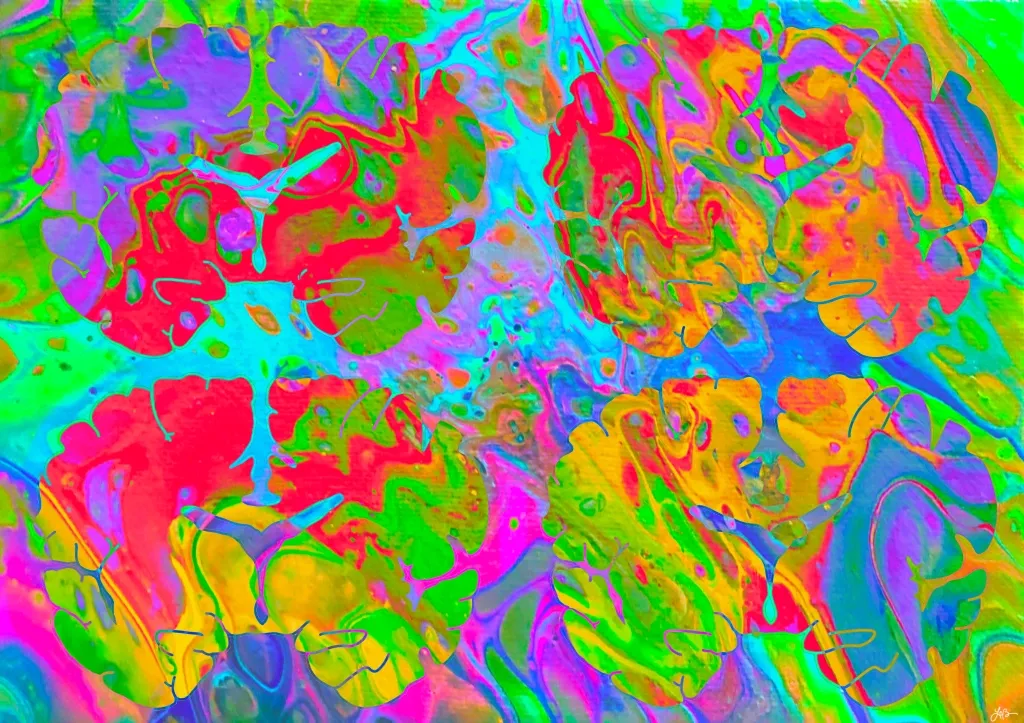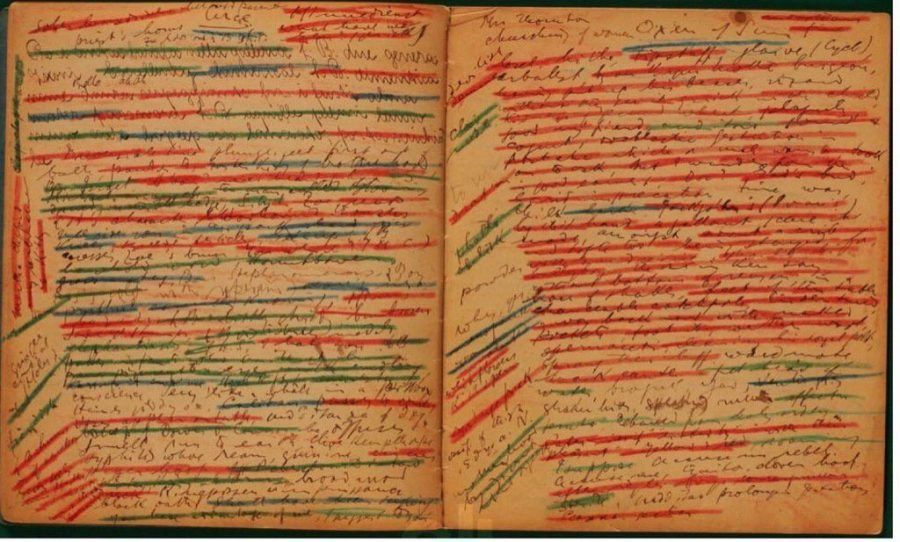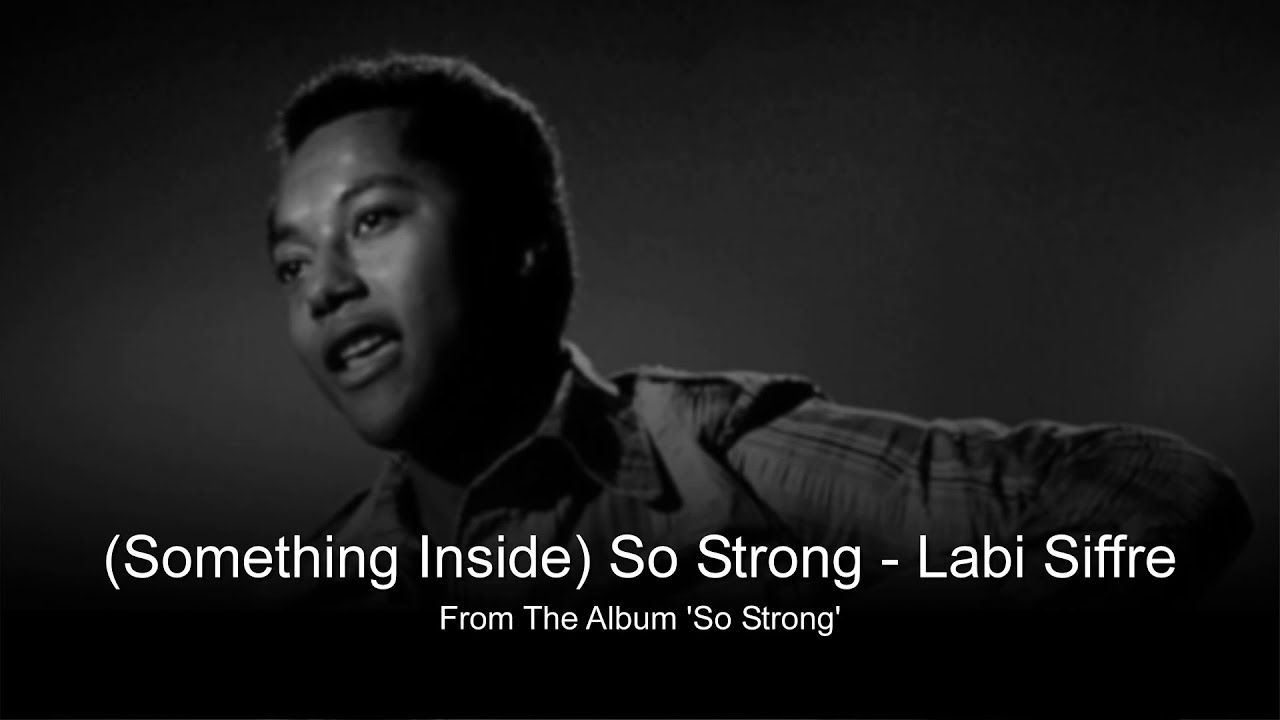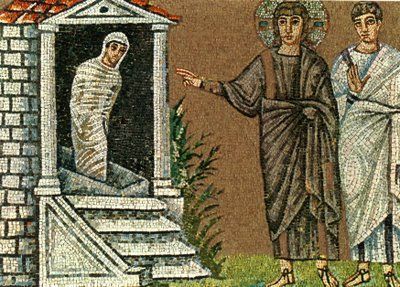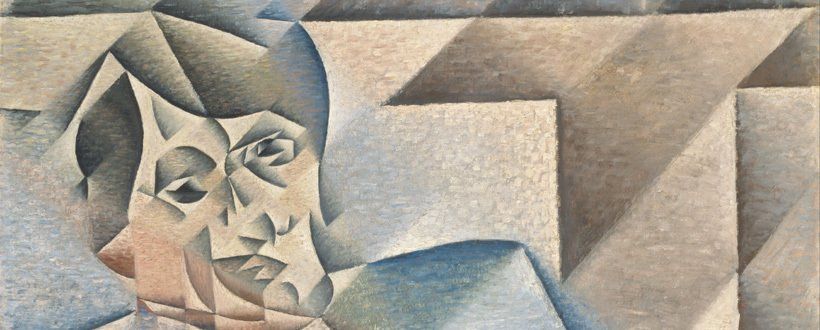ToK Essay Title Nov 2020 Prompt 2: Part 1
ToKTutor • 21 April 2020
What if...? Hypotheticals
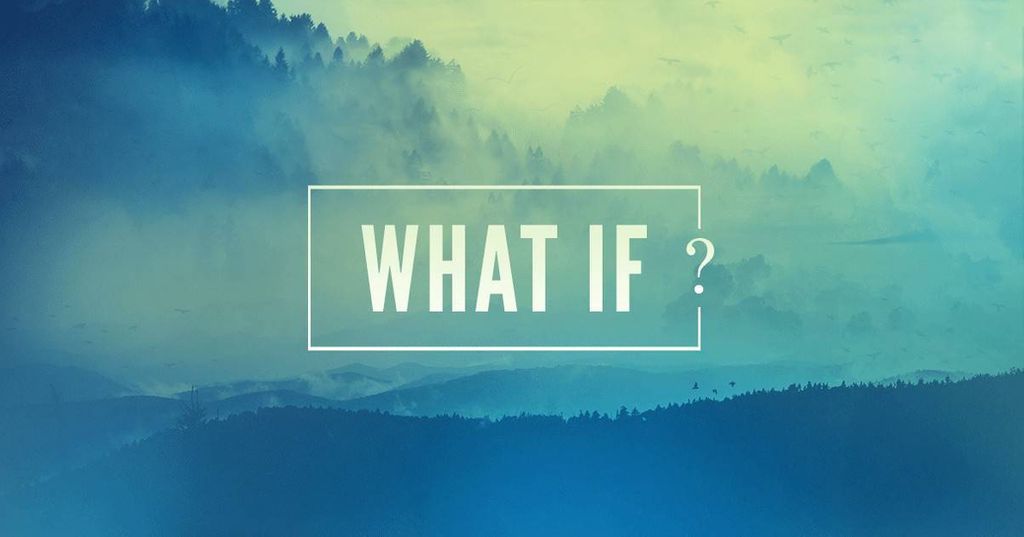
In general terms, the ‘if…then’ clause in a sentence expresses a statement about cause and effect. For example, ‘If I eat too much junk food, I become ill.’ The correlation between the cause (junk food) and effect (illness) is not always 100% absolute and, in scientific terms at least, lies on a probability scale from ‘Probably True’ to ‘Probably Not True’ and can be tested by means of experimentation. Sometimes, such clauses are formulated into ‘hypotheses’ about how the world works or even as ‘predictions’ as part of theories.
In a more philosophical context, the ‘if…then’ clause, often formulated in the conditional tense, signals a more ‘counter factual’ logic when analysing issues of causation. What makes a statement counter factual is that the antecedent – the ‘if’ part of the clause – is false (ie. literally goes against the facts) but the subsequent – the ‘then’ part of the clause – does not have to be false.
Examples:
‘If Donald Trump hadn’t been elected as President, the world would be more at peace.’
‘If leopards changed their spots, I’d do that bungee jump.’
‘If you survived when I throw you into the river tied to a weight, you’d be a witch.’
In each of the cases, the antecedent/cause is false: Trump DID win; leopards CAN’T change their spots and people DON’T tend to survive drowning in the given circumstances. However, the subsequent/cause ‘could’ still turn out to be fact: the world still has a chance for peace; I ‘might’ still jump and other non-supernatural kinds of bewitchment may manifest themselves in people…
We don’t want to go too deeply into the ins and outs of the logic of counterfactual thinking about causation (click the link to discover more) but one thing to say is that a key idea to emerge from philosophical approaches to counterfactual logic was that of ‘possible worlds’.
In a psychological context, the ‘if…then’ clause, or ‘if I had only...’ statement, expresses a form of ‘hypothetical thinking’ which makes use of the idea of possible worlds in philosophy. As a way of dealing with past events or actions which cannot be changed, we can at least confront the consequences of those actions. One way of doing this is to imagine what range of effects might have occurred had any of the variables in the past been different. We can do this by modifying one of the facts from a past event or action and assessing the vastly different consequences of the change.
For example, you can reflect on your current financial situation by imagining how things would be different: ‘If only I hadn’t spent all my savings on that old car…’ The consequences can be better or worse than what actually happened: ‘…I wouldn’t constantly be getting it repaired and losing more money…’ or ‘If I’d not saved up so much in the first place, I’d be in debt’. The resulting emotions can be either more or less hurtful/pleasurable than what you originally felt. Perhaps, guilt, regret and frustration in the first example; relief and gratitude in the second.
On a practical level, this counterfactual approach can help release emotions you might not let yourself feel at the time or it can give you a clearer sense of where blame or responsibility lies in the situation...






